ProstaLite Review: Can This Supplement Naturally Support Prostate Health and Urinary Function Without Unwanted Side Effects?
ProstaLite Review: Can this supplement naturally support prostate health and urinary function without side effects? Read on to see if it lives up to the claims.
Advertiser Disclosure: We independently select all the products. If you click through links we provide, we may earn a commission.

Key Takeaways
- ProstaLite is a prostate health supplement aimed at supporting urinary comfort and prostate function.
- User feedback is mixed; improvements may take 3-4 weeks, with results being modest.
- Generally safe, but some users may experience mild digestive discomfort or headaches during initial use.
- No disclosed dosages for some ingredients, making efficacy difficult to evaluate.
- Lacks key ingredients like Saw Palmetto and Beta-Sitosterol found in other prostate supplements.
- ProstaLite may offer mild relief but lacks comprehensive clinical support; alternatives like ProstateSP may offer better long-term value.
Prostate health supplements continue to draw interest as more men seek natural ways to address age-related urinary and prostate concerns.
There’s an ever-growing list of prostate supplements that claim to help aging men. And ProstaLite is one of these supplements. ProstaLite claims to support prostate comfort and urinary function using a blend of herbal and antioxidant ingredients.
Its formula features several frequently used compounds, including Sea Buckthorn Juice, Pumpkin Seed Extract, Lycopene, and Neem Leaves Powder. These ingredients are often associated with improved urinary flow, reduced nighttime interruptions, and hormonal support.
But does ProstaLite truly distinguish itself in an already saturated supplement market? Are its ingredients backed by solid research, or do they have no added value? And most importantly, what are real users experiencing in terms of results?
In this review, we’ll take a closer look at ProstaLite’s formula, evaluate the scientific basis for its claims, examine user feedback, and compare it to other best prostate supplements to help you determine whether it’s worth your attention or better left on the shelf.
Ingredient Analysis — ProstaLite
ProstaLite includes a mix of plant-based ingredients aimed at supporting prostate health, urinary comfort, and antioxidant protection. While a few inclusions are promising, many are under-researched or have no clear link to prostate-specific benefits.
 Supplement Facts
Supplement Facts
To help clarify what works and what doesn’t, we grouped the formula into two functional blends:
- Prostate Function & Urinary Support Blend
- Antioxidant & Cellular Health Blend
Let’s break them down and evaluate what earns our approval and what doesn’t.
Prostate Function & Urinary Support Blend
Pumpkin Seed Extract is a well-supported ingredient in prostate health supplements, particularly for its role in improving urinary symptoms.
 Pumpkin Seed Extract
Pumpkin Seed Extract
A large-scale study involving over 1,400 men found that daily supplementation led to meaningful improvements in flow rate and reduced urgency over 12 months. Rich in phytosterols, it also supports bladder function and inflammation control. While optimal results are seen at higher doses, its long-standing use and positive clinical data make it a worthwhile inclusion in a prostate support formula.
Uvaria Rufa Extract, meanwhile, is a big question mark. While it has some traditional uses in inflammation and microbial balance,
 Uvaria Rufa Extract
Uvaria Rufa Extract
there are no published studies linking it to prostate function or urinary comfort. No clinical trials, no standardized dosing, no known benefits for BPH—just speculative value at best.
We approve pumpkin seed extract but disapprove uvaria rufa extract in this blend.
Antioxidant & Cellular Health Blend
We’ll start with Lycopene, a standout antioxidant that consistently appears in prostate research.
 Lycopene
Lycopene
In one randomized controlled trial, men taking 15 mg of lycopene daily saw reduced PSA levels and slower prostate enlargement. Lycopene isn’t a miracle fix, but it’s one of the few plant-based compounds with real evidence behind it. We’re glad to see it here, but we don’t know if the dose is sufficient.
According to John Russell, Urologist Lycopene has shown potential in prostate health studies, with evidence suggesting it can help reduce PSA levels and slow prostate enlargement. However, the dose and its effectiveness can vary. It's a beneficial ingredient, but further research is needed to confirm the optimal dosage.
During our research, we came across a video by @DrBerg explaining the benefits of lycopene.
Neem Leaf Powder is known for its antimicrobial and anti-inflammatory properties in traditional medicine.
 Neem Leaf Powder
Neem Leaf Powder
but its connection to prostate health is practically nonexistent. There are no studies showing it reduces BPH symptoms, influences PSA levels, or improves urinary flow.
Jaboticaba Skin Extract has demonstrated promising antioxidant and anti-inflammatory properties in preclinical studies.
 Jaboticaba Skin Extract
Jaboticaba Skin Extract
For instance, research indicates that jaboticaba peel extract (JPE) can modulate inflammatory pathways and reduce oxidative stress in prostate tissues of aging mice. However, these findings are primarily from animal models, and there is a lack of robust clinical trials confirming their efficacy in human prostate health. Therefore, while JPE shows potential, more comprehensive human studies are necessary to validate its role in prostate treatment.
Silymarin, the active compound in milk thistle,
 Silymarin
Silymarin
does have anti-inflammatory properties, mostly for liver support. A few animal studies suggest it could help with prostate inflammation, but we found no strong human data supporting that claim. It's a “maybe” at best.
Phyllostachys Edulis Leaf Extract,
 Phyllostachys Edulis Leaf Extract
Phyllostachys Edulis Leaf Extract
or bamboo leaf, is the least relevant of all. No prostate data, no urinary health studies, and no clinical evidence. Its inclusion feels more decorative than functional.
We approve Lycopene in this blend. But we disapprove Neem Leaf Powder, Jaboticaba Skin Extract, Sea Buckthorn Juice Powder, Silymarin, and Phyllostachys Edulis Leaf Extract.
Quick Decision Guide: ProstaLite vs Our Top-Rated Prostate Health Supplement (Prostate SP)
Limited Clinical Evidence
Although some ingredients in ProstaLite have research backing, the formula has not been completely tested in clinical studies. As the evidence is not conclusive, it becomes tough to say that it will work for all people.
Although every batch of the product is made in an FDA-registered facility, ProstaLite is not approved by the FDA. For this reason, there is no formal clinical testing for it which sometimes makes some users concerned about their safety and effects.
We Tried ProstaLite
 ProstaLite
ProstaLite
To get a better sense of how ProstaLite performs beyond the marketing claims, we asked a longtime friend, Leonard, age 65, to give it a try. He’s been dealing with familiar prostate issues: waking up multiple times a night to urinate, a slow and inconsistent stream, and occasional urgency that made long drives or public outings uncomfortable. Like most, he wasn’t expecting a miracle, just fewer interruptions and better control.
The first two weeks were uneventful. Leonard reported no real change in symptoms. His sleep was still broken up by two or three bathroom visits, and the urgency during the day was just as frustrating. He appreciated that the supplement was easy to take and didn’t cause any immediate side effects, but at that stage, the results felt flat.
Around the third week, things started to shift slightly. He mentioned waking up only once during the night on a few occasions, and said initiating urination felt a bit more natural. The changes weren’t dramatic, but enough for him to take notice. He also noted feeling generally more “settled,” although he couldn’t say for sure whether it was the supplement or coincidence.
By the end of the fourth week, Leonard described the experience as “modestly helpful.” He liked the clean ingredient profile and the absence of side effects, but felt that the overall results didn’t quite meet expectations. Improvement was present, but it was just not consistent or strong enough to feel confident moving forward.
In the end, Leonard gave ProstaLite a 6 out of 10. It offered minor relief without drawbacks, but he remained on the fence about whether it was worth a second bottle.
And if you're considering trying ProstaThrive, make sure to read the ProstaThrive review first—You might be surprised by something unexpected that could be waiting.
Side Effects and Safety of ProstaLite
ProstaLite appears to be generally safe for most adults and is made with a blend of natural plant extracts and antioxidant compounds. The formula does not include stimulants or synthetic additives, which lowers the risk of severe reactions. That said, as with any supplement, mild side effects are possible, especially during the first week of use.
Some users may experience digestive discomfort, slight headaches, or changes in bowel habits as the body adjusts. These effects are usually temporary and tend to resolve on their own within a few days. In our own trial, no side effects were reported, which supports the supplement’s reputation for being well-tolerated.
ProstaLite does not include classic hormone-interacting ingredients like saw palmetto or beta-sitosterol, which reduces the risk of hormone-related issues. Still, several of its ingredients, like silymarin and neem, may affect inflammation pathways and cellular metabolism. For this reason, men with chronic conditions or those taking medications should check with their doctor before starting.
No serious side effects have been commonly reported, and the product is positioned as a plant-based, non-GMO formula. Still, we always recommend monitoring your response carefully. If unusual symptoms persist, it's best to stop taking the product and consult a healthcare provider.
Real Customer Reviews
At the time of writing, ProstaLite displays a rating of 4.6 out of 5 stars on its official website, based on over 13,000 claimed reviews. However, individual customer comments are not published, and no verified buyer feedback is accessible through the site.
This makes it difficult to evaluate the nature of those ratings or what specific benefits users may have experienced. All these make it difficult to assess real-world experiences or the consistency of results
Without visible, verified customer reviews or feedback from third-party platforms, it’s challenging to assess how ProstaLite performs across a wider user base. While the available ratings suggest customer satisfaction, more transparency would help confirm the product’s real-world effectiveness.
Limitations of ProstaLite
ProstaLite is said to promote prostate health yet certain factors need to be weighed against it before buying. First, the product does not have exhaustive clinical trials to show its general effectiveness, and hence it is difficult to confirm its effectiveness in a sure manner.
Also, the amount of each ingredient is not presented on the official site, which raises the question of whether the users are being offered the therapeutic doses of each ingredient. ProstaLite fails to include some of the major ingredients, such as Saw Palmetto and Beta-Sitosterol, often used in other types of prostate supplements.
There are mixed customer reviews with some users reporting positive results though others do not find any change or minimal change implying that it might not work effectively with all users.
In addition, it may require 8 weeks before significant improvements are realized which might be frustrating to its users with immediate relief expectations. The high cost of ProstaLite reduces its availability to the budget-constrained and allows it to lose its worth because of poor or slow results.
There are also no third-party verified reviews on the official site, which lowers its transparency, as potential customers cannot verify the validity of the customer reviews. Finally, despite the 60-day money-back guarantee provided by ProstaLite customers would have to cover shipping costs to send back their packages, and thus may not find it easy to get any money back.
Where to Find the Best Value
ProstaLite is currently available exclusively through its official website. Here’s a breakdown of the current pricing:
- One-Month Supply (1 bottle): $69 plus free shipping
- Three-Month Supply (3 bottles): $177 total ($59 per bottle) with free shipping
- Six-Month Supply (6 bottles): $294 total ($49 per bottle) with free shipping
Orders of three bottles or more include two digital bonus guides, which the manufacturer lists as optional additions. These include content focused on men’s health, sexual support, and sexual performance, though their value in relation to the supplement is subjective.
The company offers a 60-day money-back guarantee. Customers can return the product if they are not satisfied, though return shipping is not covered. There is no mention of availability on platforms like Amazon, eBay, or local retail stores.
Overall, ProstaLite’s pricing is in line with other premium prostate supplements. The product is only sold through the official site, which may limit access but also centralizes its promotional offers and refund policy. Users considering long-term use may want to evaluate the per-bottle cost, guarantee window, and purchasing flexibility before committing.
Price Concerns
ProstaLite comes with a higher price tag than other similar supplements, with each bottle sold at about $69. Some potential customers may be put off by the cost, especially if they’re not sure the product will work or have doubts about how long it will take.
Although the 60-day refund policy is an advantage, users might find that returning the product is quite bothersome. Those asking for a refund will have to cover the cost of sending back the bottles which means some people may not bother if they have already used some of the product.
ProstaLite Vs ProstateSP
When comparing ProstaLite and ProstateSP, the differences in formula design and transparency stand out.
ProstaLite includes ingredients such as pumpkin seed extract, lycopene, neem, silymarin, and several less familiar plant compounds, such as Uvaria Rufa and Jaboticaba skin extract. While a few of these have potential, many lack strong clinical backing for prostate health. Additionally, specific dosages are not disclosed on the official website, making it harder to assess their effectiveness.
ProstateSP takes a more conventional approach with a focused set of well-studied ingredients, including Saw Palmetto, Zinc, Plant Sterol Complex, Nettle, and more. These compounds are frequently included in prostate support formulas because research supports their role in urinary flow, inflammation, and hormone balance.
Natural Remedies for an Enlarged Prostate can be found in ProstateSP, which uses clinically backed ingredients to address common prostate health concerns.
ProstaLite costs $69 per bottle, with multi-bottle discounts reducing the price to as low as $49. All orders come with free shipping and a 60-day money-back guarantee, but the product is only available through its official website.
ProstateSP is priced at $67.20 for one bottle, and as low as $42.00 when purchased in bundles. It also includes free U.S. shipping and a 60-day return policy, and is similarly sold only through the official site.
For those looking for a more evidence-based formula with familiar, clinically supported ingredients, ProstateSP may offer more substantial overall value.
Pros and Cons of ProstaLite
Pros:
- Made with plant-based ingredients and no synthetic additives
- 60-day money-back guarantee on all orders
- Free shipping offered on three- and six-bottle packages
Cons
- Lacks core ingredients like Beta-Sitosterol and Saw Palmetto
- Dosages for individual ingredients are not disclosed
- Some included botanicals have limited clinical relevance to prostate health
- Premium pricing compared to basic prostate supplements
- Requires consistent daily use for optimal results
- Only available through the ProstaLite official website
- May take 4-6 weeks to experience full benefits
- Not suitable for men under 18 years of age
- Limited availability may lead to occasional stock shortages
- Individual results may vary based on the severity of symptoms
Conclusion
ProstaLite features a plant-based formula that includes Lycopene, one of the few ingredients with consistent clinical support for prostate health. It’s generally well-tolerated, and the 60-day money-back guarantee offers some purchase protection for first-time users. The absence of reported side effects also makes it a low-risk option for short-term use.
That said, many of the included ingredients lack prostate-specific research, and the formula omits key compounds like Beta-Sitosterol, Saw Palmetto, and Zinc (staples in more focused prostate supplements). Without disclosed dosages or third-party reviews, it’s difficult to gauge how effective the product really is.
Men looking for a natural supplement with a mild, antioxidant-based approach might consider ProstaLite. However, for those seeking a more evidence-driven formula with clinically backed ingredients and more transparency, alternatives like ProstateSP may offer better long-term value.


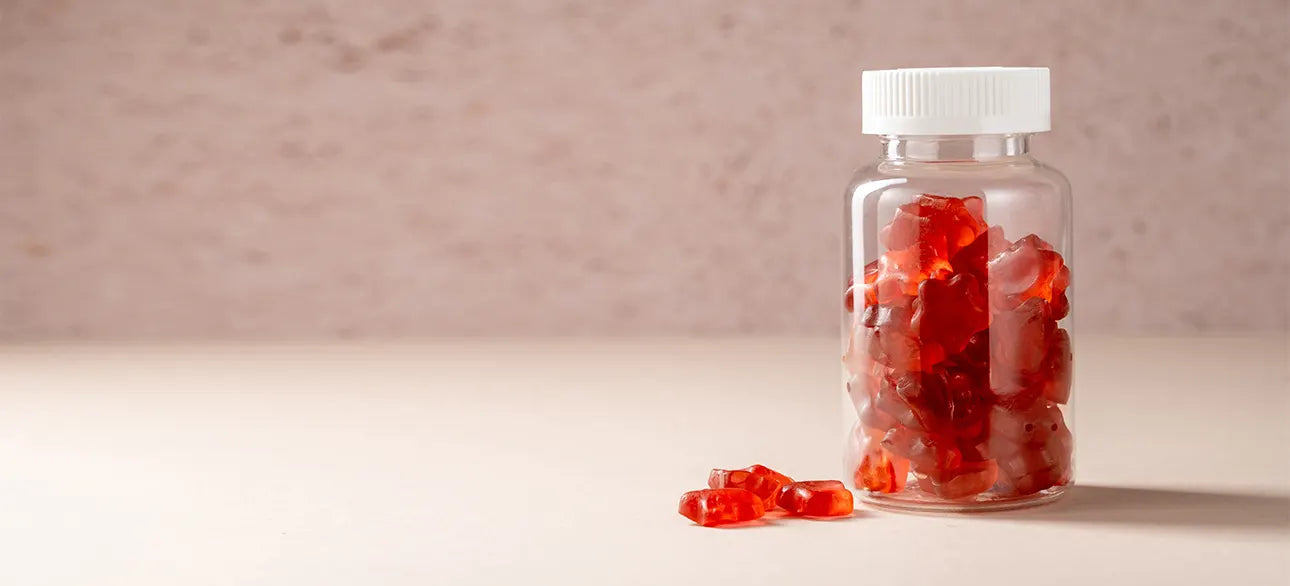
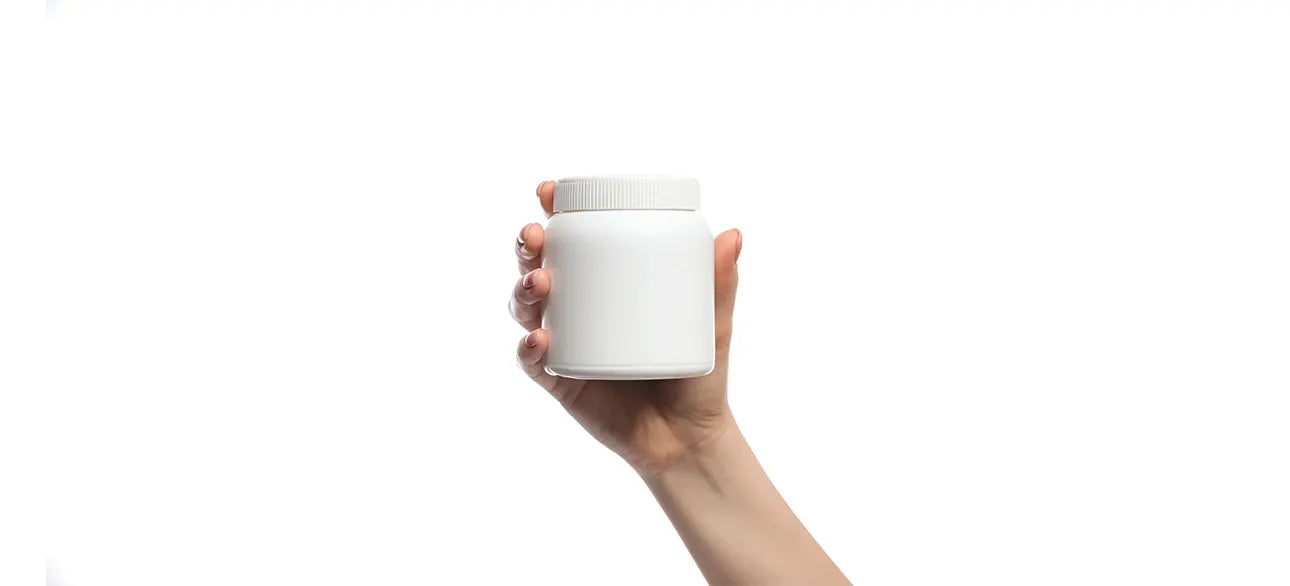












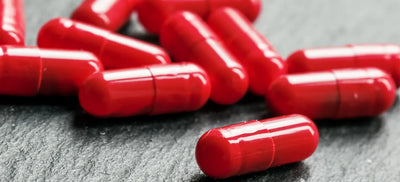
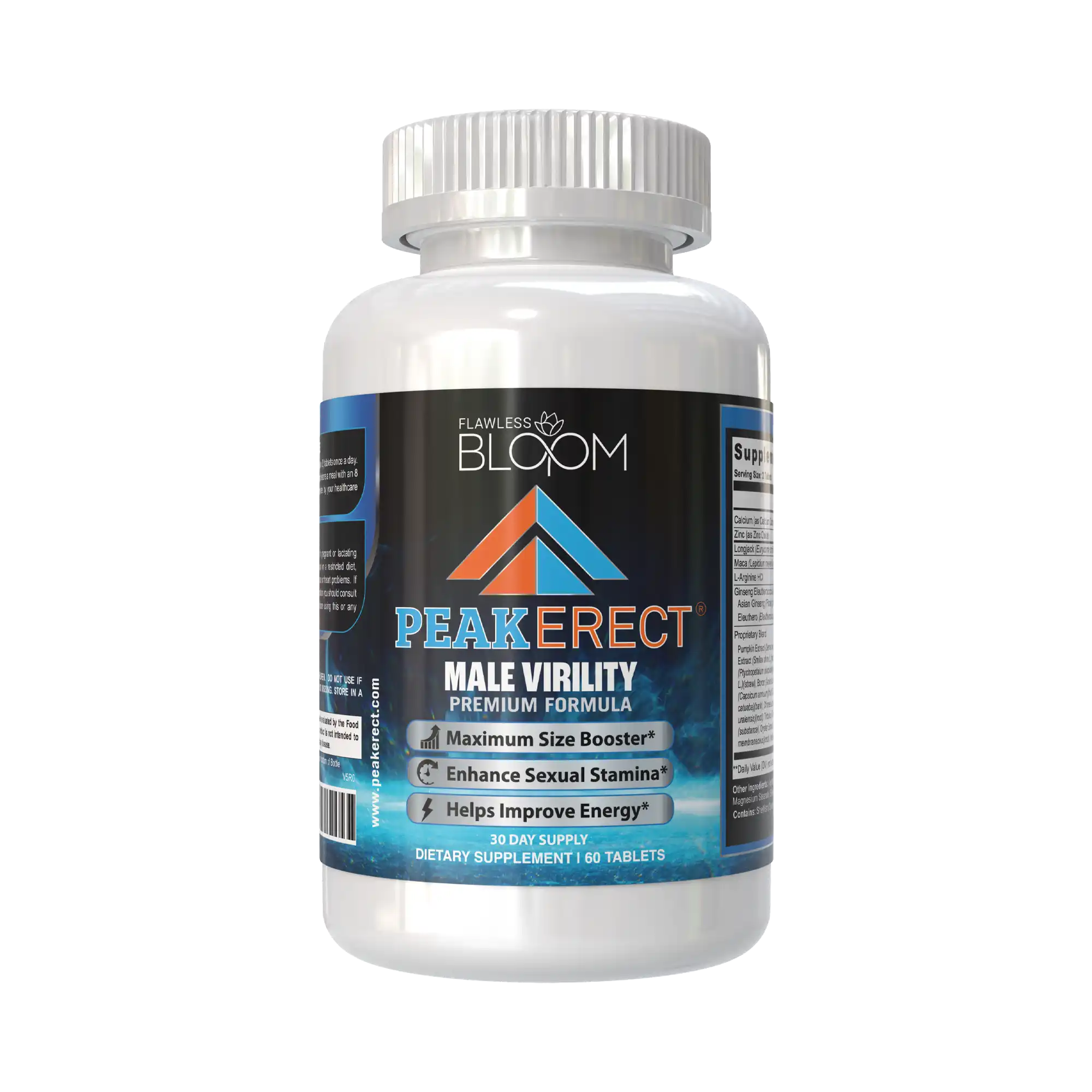

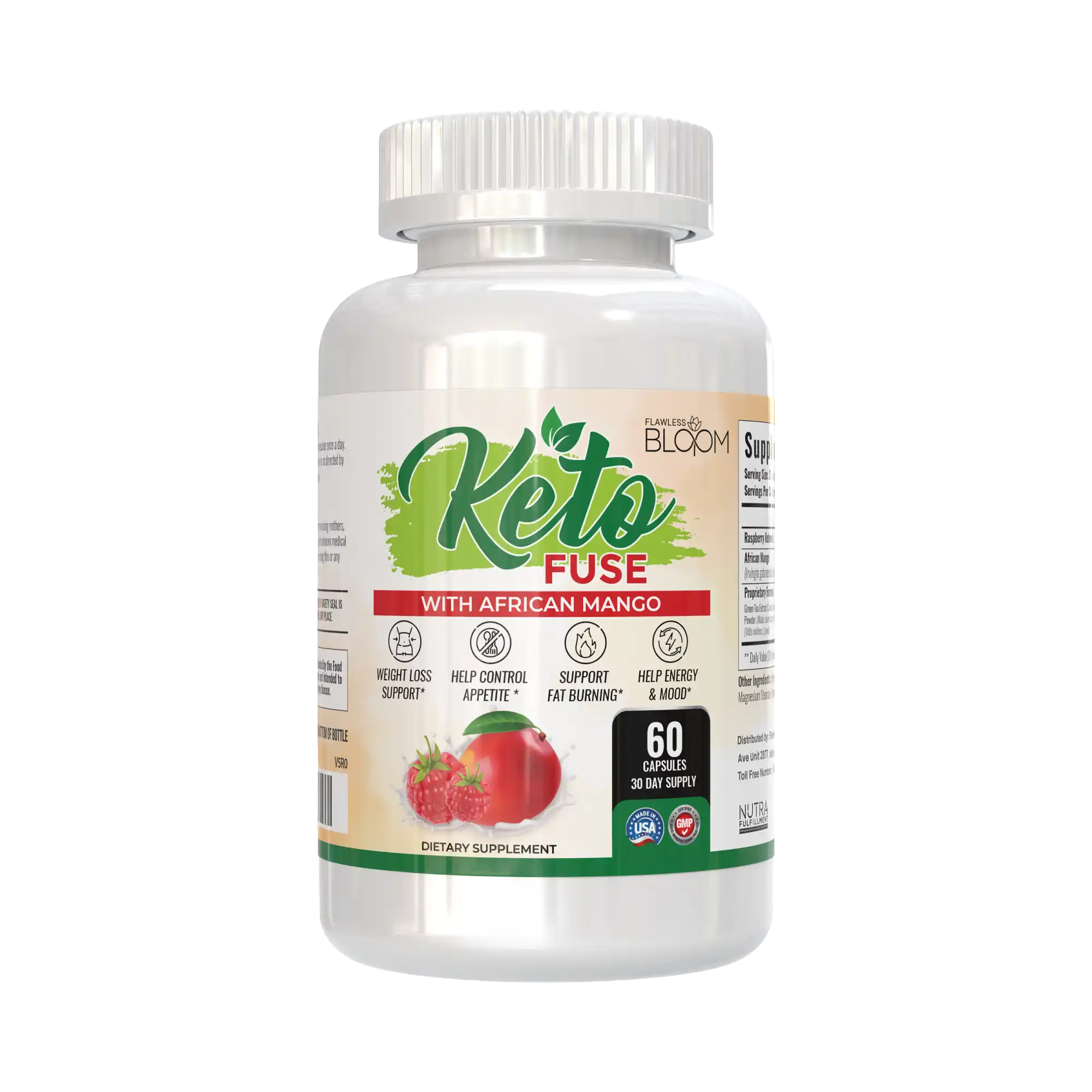

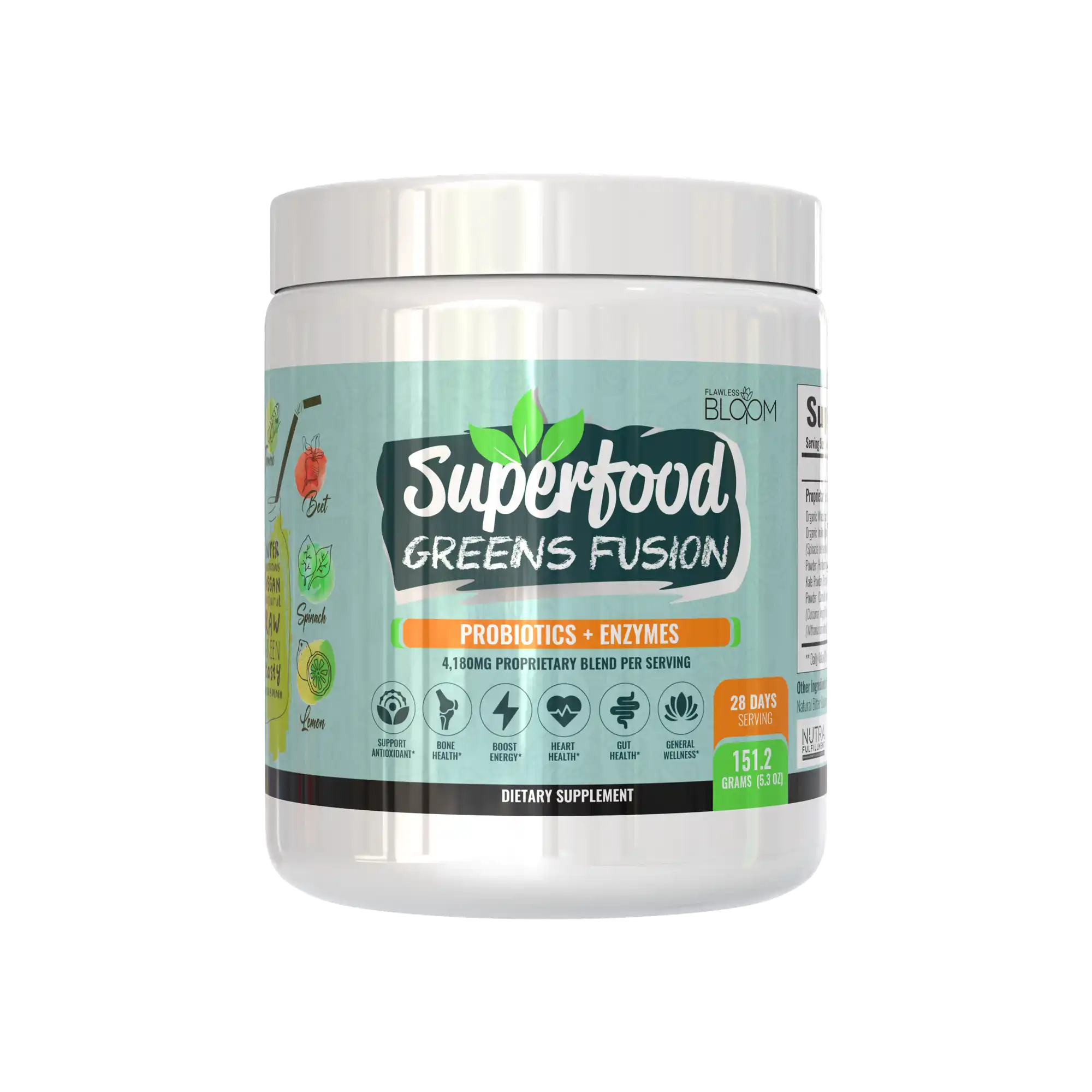

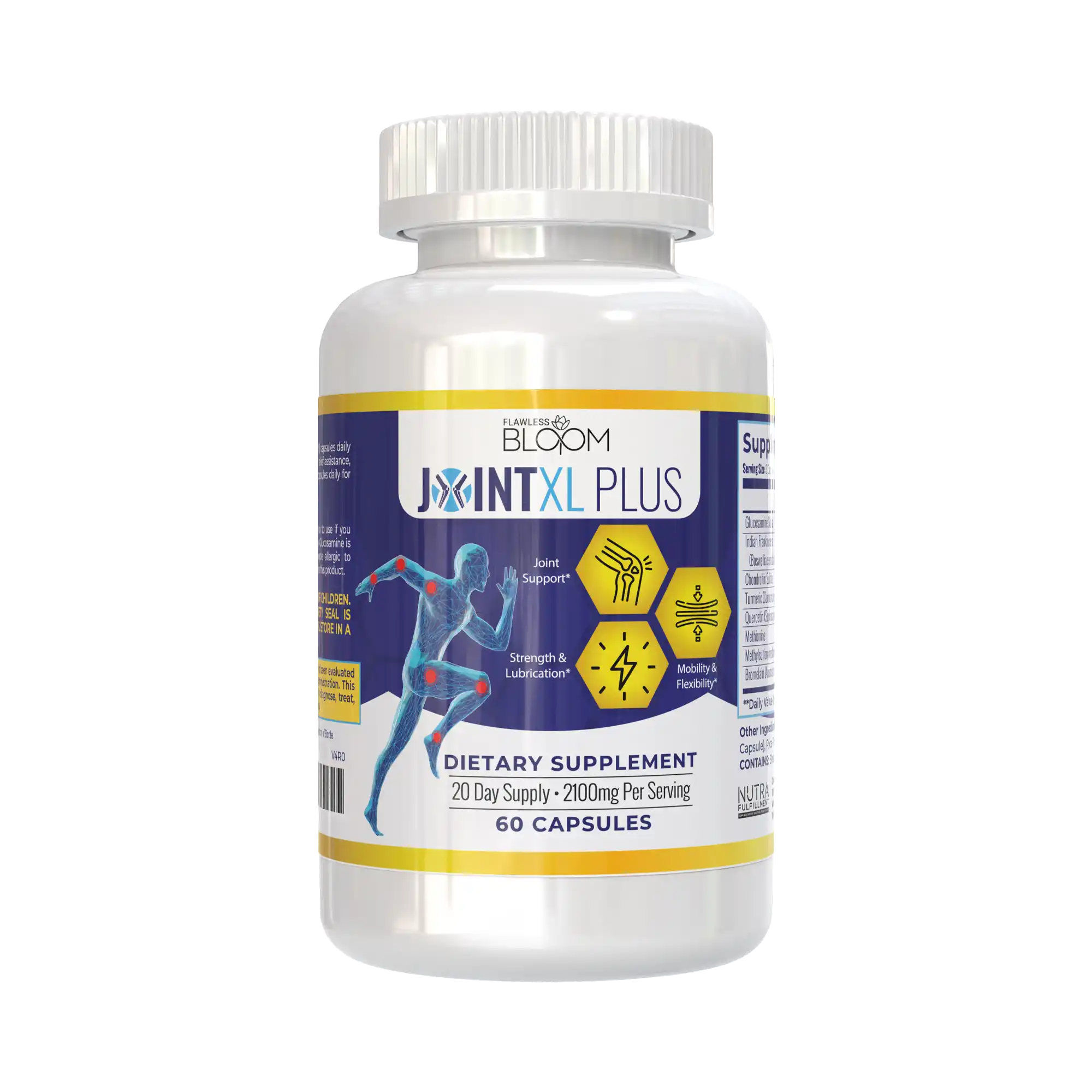

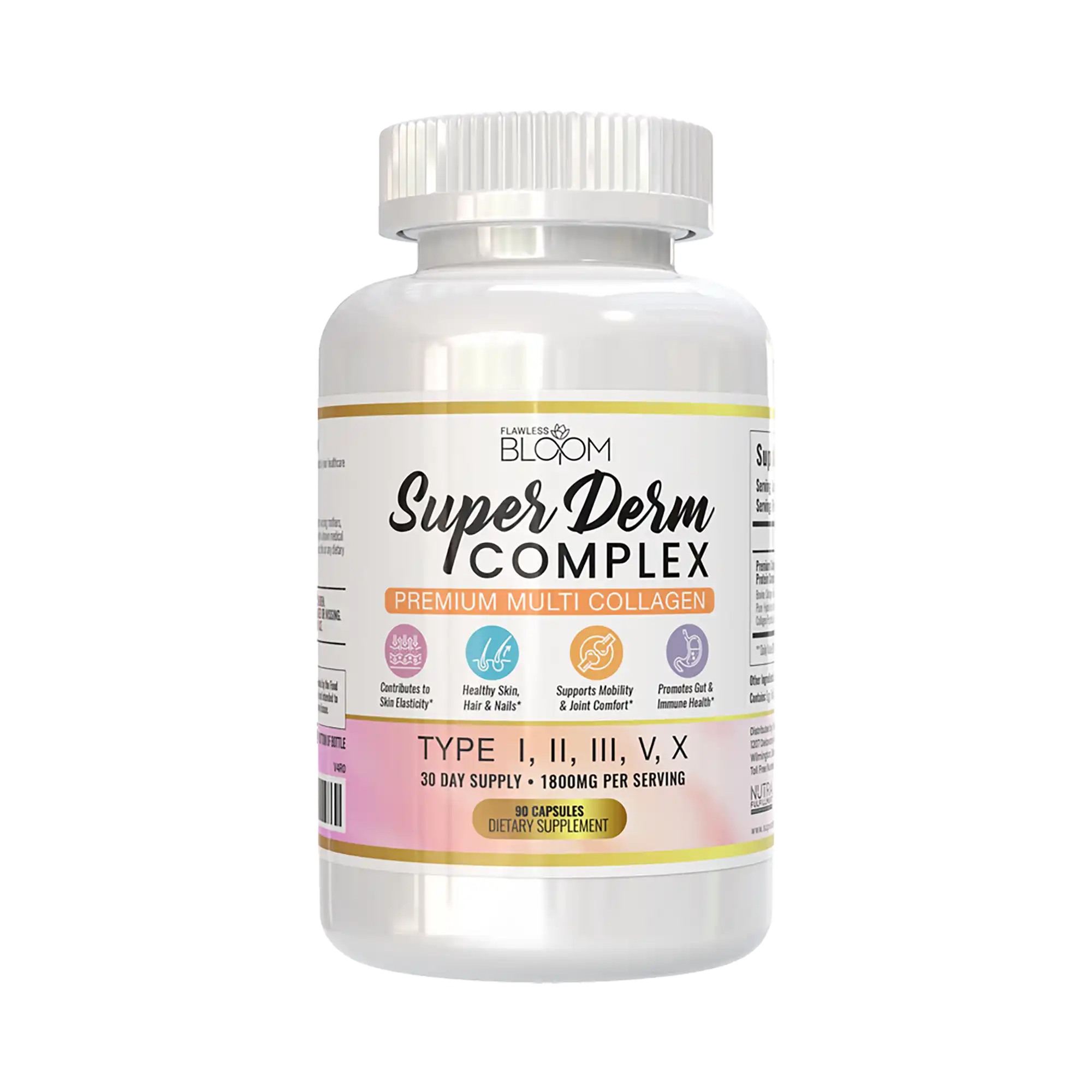

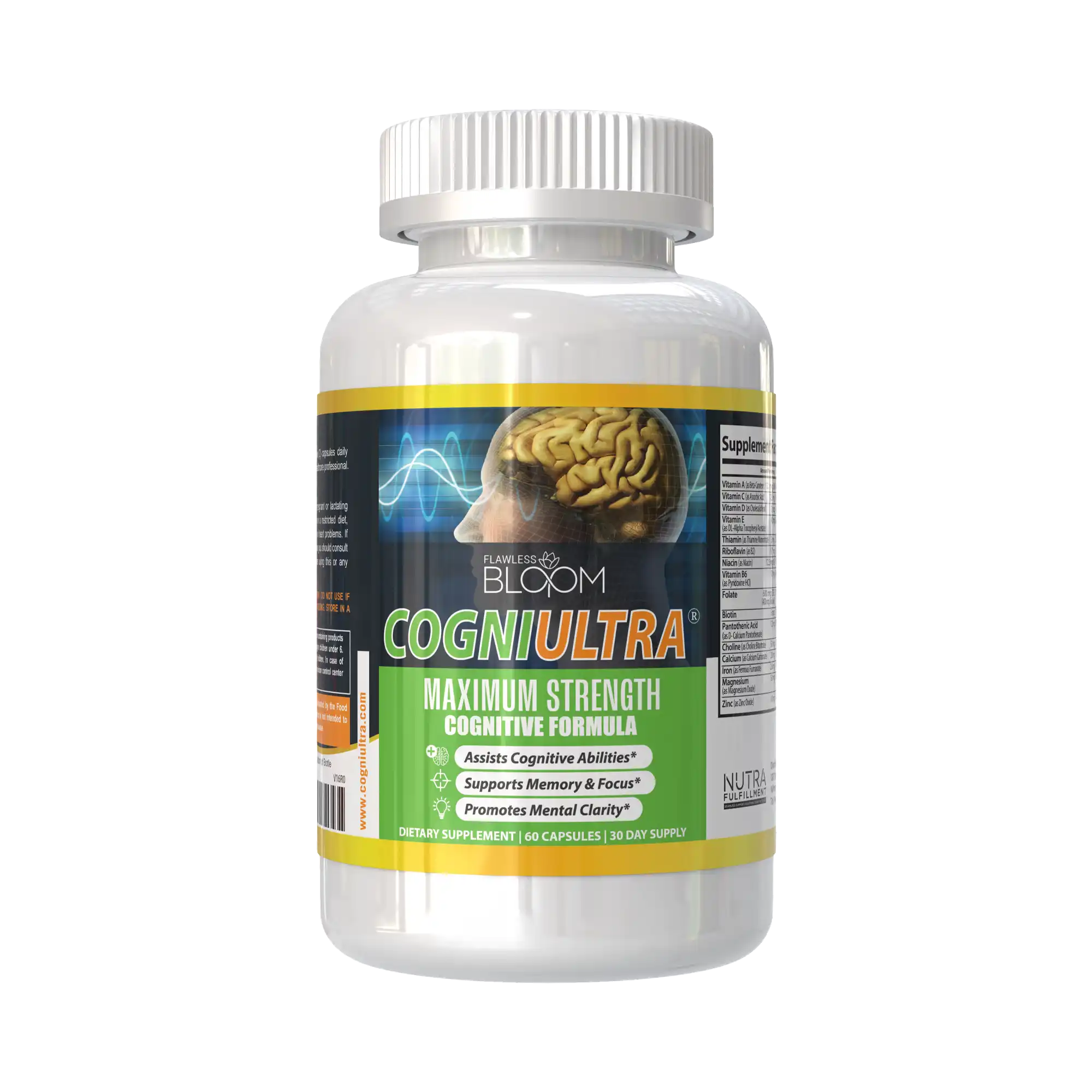

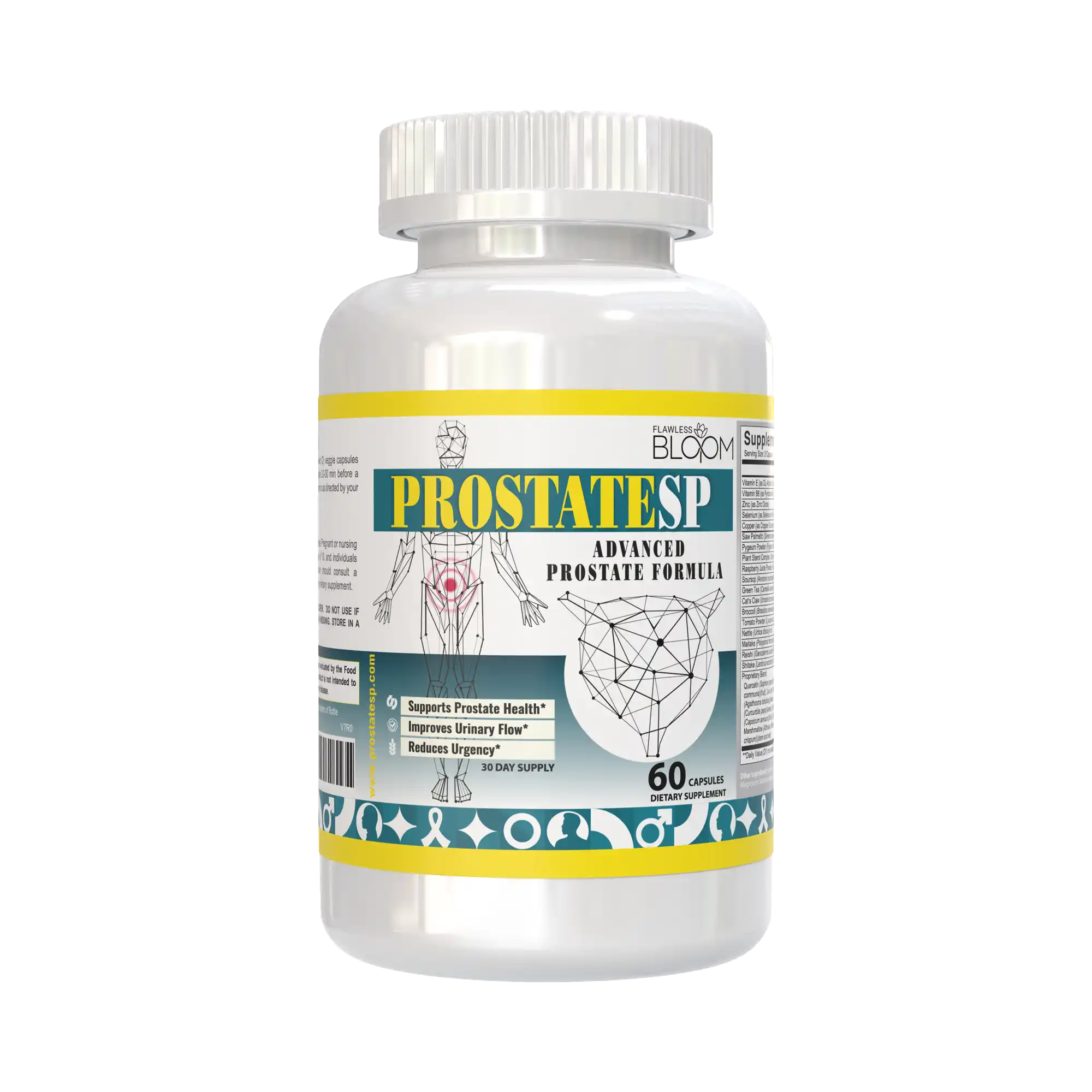

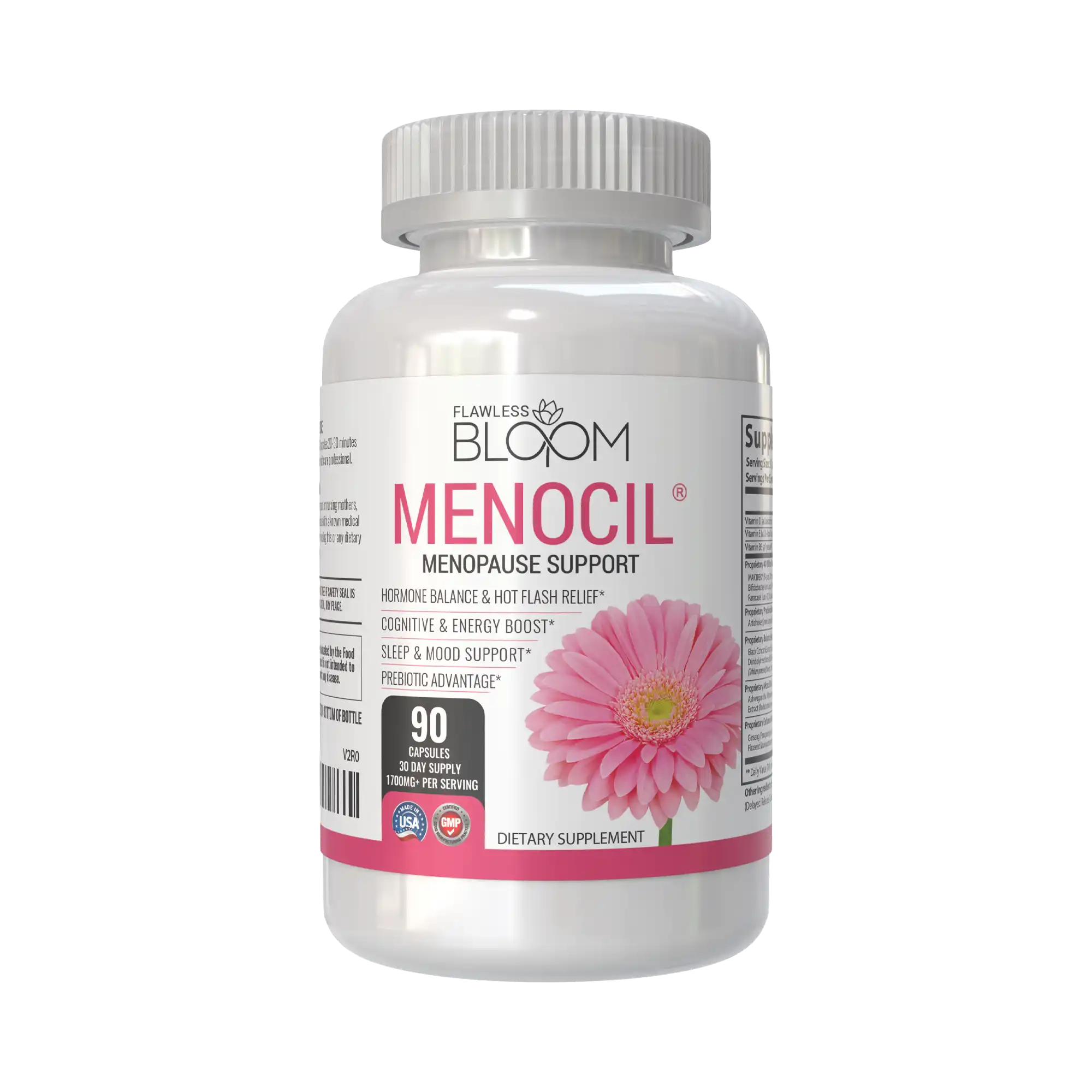

2 comentarios
I gave ProstaLite a fair shot for 4 weeks but saw no real changes in my prostate health. The product didn’t reduce my nighttime trips to the bathroom or improve flow. For the price, it didn’t deliver as promised.
Tried ProstaLite for a month with little to no improvement. Overpriced for the mild results, and the lack of clear dosages made it hard to trust.